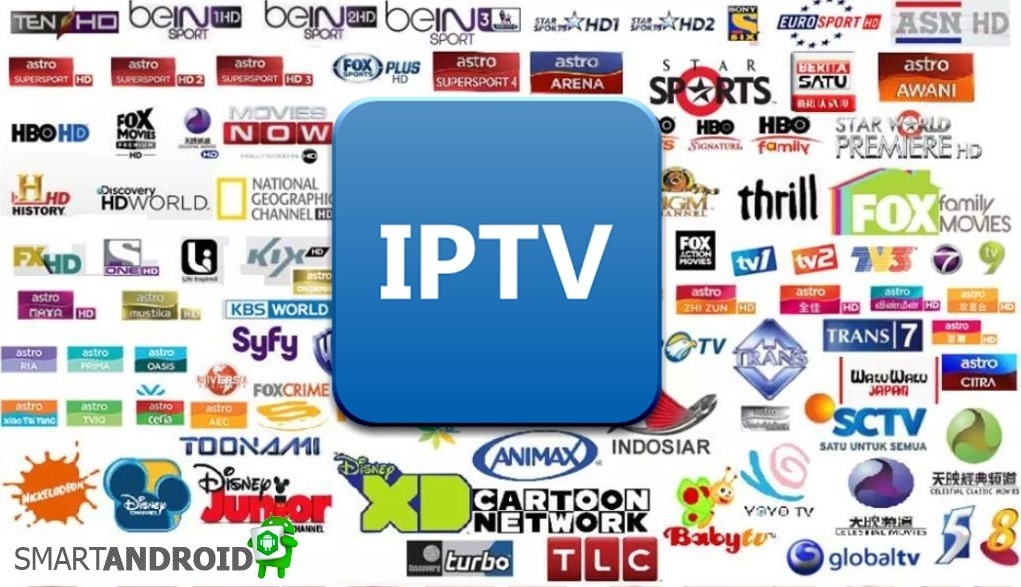IPTV
IPTV
Blog Article

Understanding IPTV: The Future of Television
In the rapidly evolving world of technology, Internet Protocol Television (IPTV) has emerged as a groundbreaking way to deliver television content using the internet, marking a significant shift from traditional broadcast methods like satellite and cable. This article delves into the intricacies of IPTV, its benefits, how it works, the types of services available, and the future of television in the age of internet streaming. Check out IPTV provider to learn more.
What is IPTV?
IPTV is a digital television broadcasting retransmitted via Internet Protocol (IP) networks. This new method of content delivery allows users to stream their favorite shows, movies, and live events over the internet, offering a more flexible and interactive user experience compared to conventional TV.
Key Features and Benefits
One of the key advantages of IPTV is its ability to provide a more personalized and interactive viewing experience. Unlike traditional television, IPTV allows users to watch what they want, when they want, through Video on Demand (VOD) services. Additionally, IPTV can offer more efficient streaming because it uses a network architecture that can manage bandwidth better, ensuring higher quality video with less buffering.
Another benefit is the potential for a broader selection of channels and content, as IPTV is not limited by the geographical or technical constraints of traditional broadcast methods. This global reach enables viewers to access a vast array of international content that would otherwise be unavailable.
How Does IPTV Work?
IPTV delivers television content using the internet protocol suite over a packet-switched network such as the internet, instead of being delivered through traditional terrestrial, satellite signal, and cable television formats. The technical backbone of IPTV is a complex network architecture that includes content aggregation, encoding, distribution, and decoding.
Content Delivery and Streaming
The process starts with the conversion of traditional signals into a format suitable for delivery over IP networks. This content is then stored on servers and streamed to subscribers upon request. IPTV uses various protocols to ensure content is delivered securely and efficiently, including Real-Time Streaming Protocol (RTSP), HTTP Live Streaming (HLS), and others.
Types of IPTV Services
IPTV encompasses a range of services beyond just watching traditional TV shows through the internet. These include:
- Live Television: Allows users to watch live broadcasts as they happen, similar to traditional TV.
- Time-Shifted Media: Also known as catch-up TV, this service lets viewers watch broadcast shows that were aired hours or days ago.
- Video on Demand (VOD): Provides a catalog of videos not related to TV programming, accessible at any time.
These services offer viewers unparalleled control over their viewing experience, making IPTV a highly attractive option for modern consumers.
The Future of IPTV
The future of IPTV looks promising, with ongoing advancements in internet technologies and network infrastructures paving the way for more innovative and immersive viewing experiences. The integration of artificial intelligence and machine learning could further personalize viewing experiences, making recommendations more accurate and enhancing user interfaces.
Moreover, as more consumers move away from traditional TV services in favor of internet-based options, IPTV's market share is expected to grow significantly. This shift could lead to more competitive pricing and creative content offerings as service providers vie for viewers' attention.
Challenges and Considerations
Despite its potential, IPTV faces challenges, including regulatory hurdles, content piracy, and the need for robust internet infrastructure to support high-quality streaming. Addressing these issues will be crucial for the continued growth and acceptance of IPTV as a mainstream television delivery method.
Conclusion
IPTV represents a significant shift in how people consume media, offering a flexible, interactive, and personalized viewing experience. With its ability to deliver high-quality content over the internet, IPTV not only caters to the demands of modern viewers but also opens up new possibilities for content creation and distribution. As technology continues to advance, IPTV is set to redefine the television landscape, promising a future where viewers have unparalleled control over their entertainment choices.
Report this page